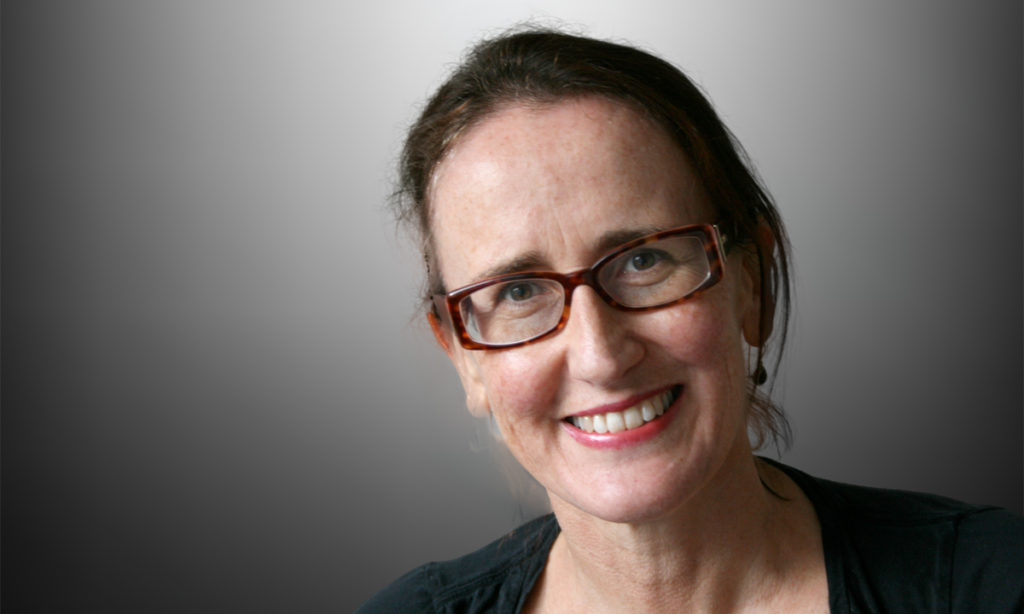IF you were asked to nominate risk factors associated with the COVID-19 pandemic, you’d probably mention physical proximity to others or inadequate hand hygiene.
You might be less likely to nominate the disease’s high public profile as a factor adversely affecting health outcomes, but that is the case made by an article in the Journal of Medical Ethics.
Australian philosopher and physician Yves Aquino and US infectious disease specialist Nicolo Cabrera set out to examine “the dangers of a heightened public profile in magnifying the inequality of diseases” as well as in undermining key ethical principles such as evidence-based practice, consent and just allocation of resources.
“The concept of ‘disease public profile’ has become a prominent, if not the sole, determinant in decision-making across various healthcare responses to the pandemic,” they argue.
Round-the-clock media coverage, grim pictures from countries hard-hit by the pandemic and major social interventions such as lockdowns have all contributed to this heightened profile, they write.
Public focus on the disease is of course both inevitable and a good thing, in that it may promote safer behaviours from all of us.
The extraordinary profile of the pandemic has, however, also led to a burgeoning of quack treatments, anti-science rhetoric and conspiracy theories.
Heightened public profile of a disease appears to increase the imperative to resort to off-label treatments, write Drs Aquino and Cabrera, using the current pandemic’s controversy around hydroxychloroquine (HCQ) as a case study.
“The danger of increased public profile of disease is demonstrated by the tendency of public officials with no medical expertise, such as US President Donald Trump and French President Emmanuel Macron, to explicitly recommend drug treatments and prophylaxis against COVID-19,” the authors write.
“One harmful result of President Trump’s pronouncements is the death of a man from Arizona who ingested a cleaning cocktail that contains the same active ingredient as HCQ.”
You can read more about that case in the New York Times.
The rapid expansion in scientific publications related to the coronavirus has also sometimes come at the expense of academic rigour, these authors argue, citing some high-profile retractions in recent times.
I can’t help feeling some sympathy for the journals. In a crisis, we need to accelerate the pace of research and publication, but that is inevitably going to lead to dissemination of some inaccurate or misleading results.
Researchers, journals and the media all have a role to play in resisting the temptation to hype, including clear statements on the nature and reliability of any findings they report. We can always hope.
The public profile of a disease can also lead to problematic allocation of resources, with widespread diversion of intensive care beds, ventilators and human resources away from other conditions in order to meet the challenges of COVID-19, these authors argue.
Experts have warned of a possible surge in polio, measles and other infectious diseases due to suspension of international vaccination programs during the pandemic, they write.
More directly, the dubious claims made about HCQ have led to stockpiling that has reduced its availability for those who need it for evidence-based treatment in other conditions.
“A patient with lupus who is unable to fill their HCQ prescription could end up requiring hospital care from a life-threatening lupus flare, but be unable to receive optimal care from a system now primed to focus on COVID-19.
“Hence, the trend of allocating resources, including HCQ, toward COVID-19 is not only disproportionate but may also prove to be unsustainable or counterproductive in the long run.”
There is no easy answer to any of this.
The pandemic has exposed many cracks in our health and social systems, highlighting the fact that resources are always limited and agonising decisions sometimes have to be made about how they are allocated.
Australia has so far been relatively fortunate, with lower levels of disease allowing us to avoid some of the harsher dilemmas faced elsewhere.
There’s no doubt a heightened public profile for a particular disease can have a distorting effect on the resources devoted to it – and not just during a pandemic.
It would be good to see policy makers showing greater awareness of that risk when making decisions around resource allocation generally.
The public focus on this disease and the extraordinary resources being devoted to it are not going to go away, and nor should they, but we do need to be watchful that other vital concerns don’t fall off the agenda in the process.
Jane McCredie is a Sydney-based health and science writer.
The statements or opinions expressed in this article reflect the views of the authors and do not represent the official policy of the AMA, the MJA or InSight+ unless so stated.

 more_vert
more_vert
Dear jane, I really enjoy reading your sensible analysis of the situations that you report on. Keep up the good work.
We should let this virus run it’s course with respect to the people that do well with it. then we can concentrate on pro testing those who are in the vulnerable category, and caring for them.